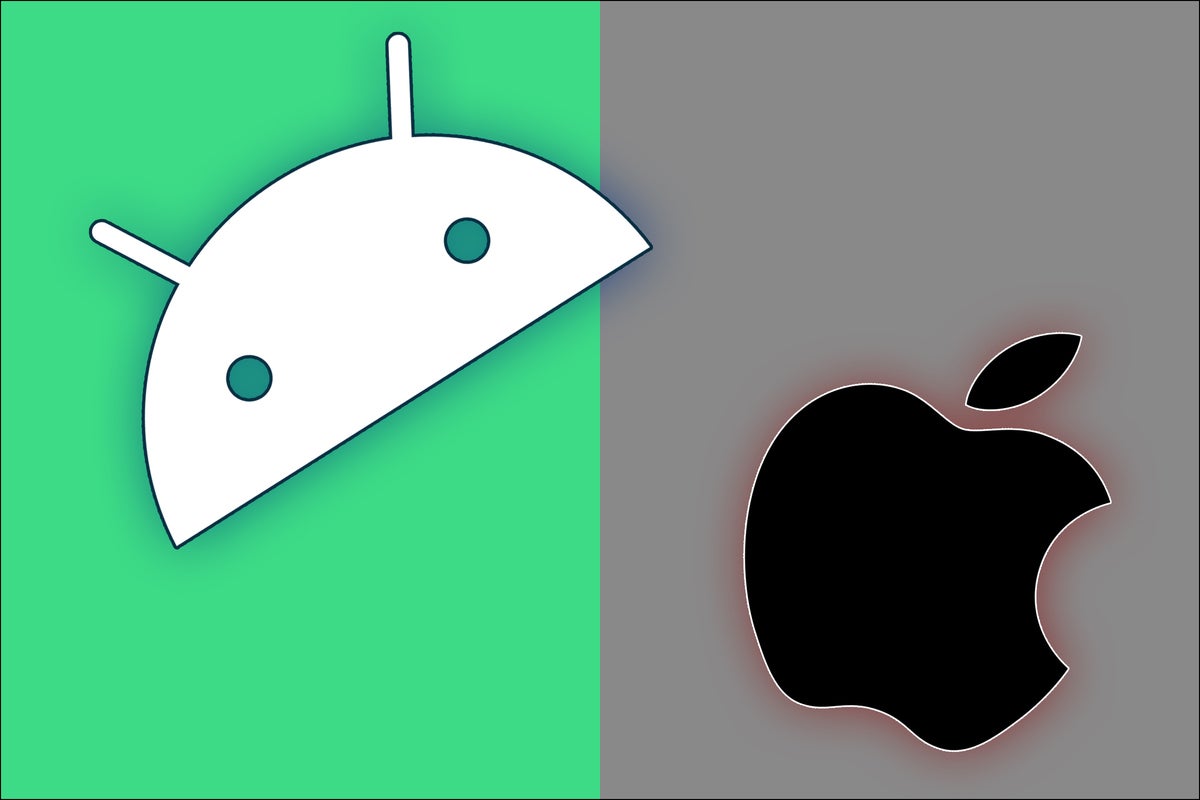Ask most Android enthusiasts for their thoughts on the eternal “iPhone vs. Android” debate, and you’re bound to hear some comically common conclusions:
Android is more advanced and ambitious, both in its software and especially in its hardware (hello, folding phones!).
Android is more customizable and conducive to productivity, thanks to all the ways it lets you take total control of your virtual environment and make it work the way you want.
The iPhone is bland, old-fashioned, and boring in comparison.
Apple’s iOS platform certainly has its advantages, but it’s tough to deny that Android is the more modern, powerful, and adventurous option (a juxtaposition expressed admirably in this recent video analysis by the ever-balanced Marques Brownlee).
And yet, talk to most typical, non-tech-inclined phone buyers — particularly here in America — and you’re bound to hear a very different interpretation.
It’s shaping up to be a pressing problem. And it’s something that’s increasingly critical for Google to address.
[Get fresh Googley insight in your inbox with my free Android Intelligence newsletter. Three things to know and try every Friday!]
The Android-Apple shift
You’ve seen the stats by now, right? For a while, the tides have been turning in the US and Apple’s been gaining more and more of the American mobile market.
According to the number-crunching crew at Counterpoint Research, Apple currently commands just over half of all US smartphone sales, with 52% of Q2 2023 device purchases compared to Android’s 48%. To be clear, this is absolutely an American phenomenon: Globally, Android represents a whopping 81% of all phone sales for that same period, according to that same set of data. But here in the States, the trends are indisputable.
And among The Youths™, the pattern appears to be even more extreme: An annual survey from an investment bank called Piper Sandler (which, as far as I can tell, has no relation to Adam) says a staggering 87% of teens now own an iPhone, with 88% anticipating an iOS device to be their next mobile gizmo. Granted, the survey includes only 5,690 people, so it isn’t exactly comprehensive. But it’s frequently cited as a representative sampling of current trends.
And what’s even more troubling than any sheer number is the attitude that appears to be driving the data. A recent report from The Wall Street Journal says it all:
Deb Harrison lives in a house divided. The mom of teenagers, based in Hudson Valley, N.Y., says her children agree on a lot, but they cannot seem to get on the same page about their cellphones. Her youngest, Kira, 15 years old, has an Apple iPhone 11, because that’s what all her friends have. She didn’t want to be “the odd one out,” said Harrison. …
Where does this operating-system snobbery come from? Melissa Jones, a former teacher in Lebanon, Ind., observes that, among students, it’s considered most important to own a new, up-to-date phone. And judging by…
2023-09-14 08:48:02
Original from www.computerworld.com rnrn
